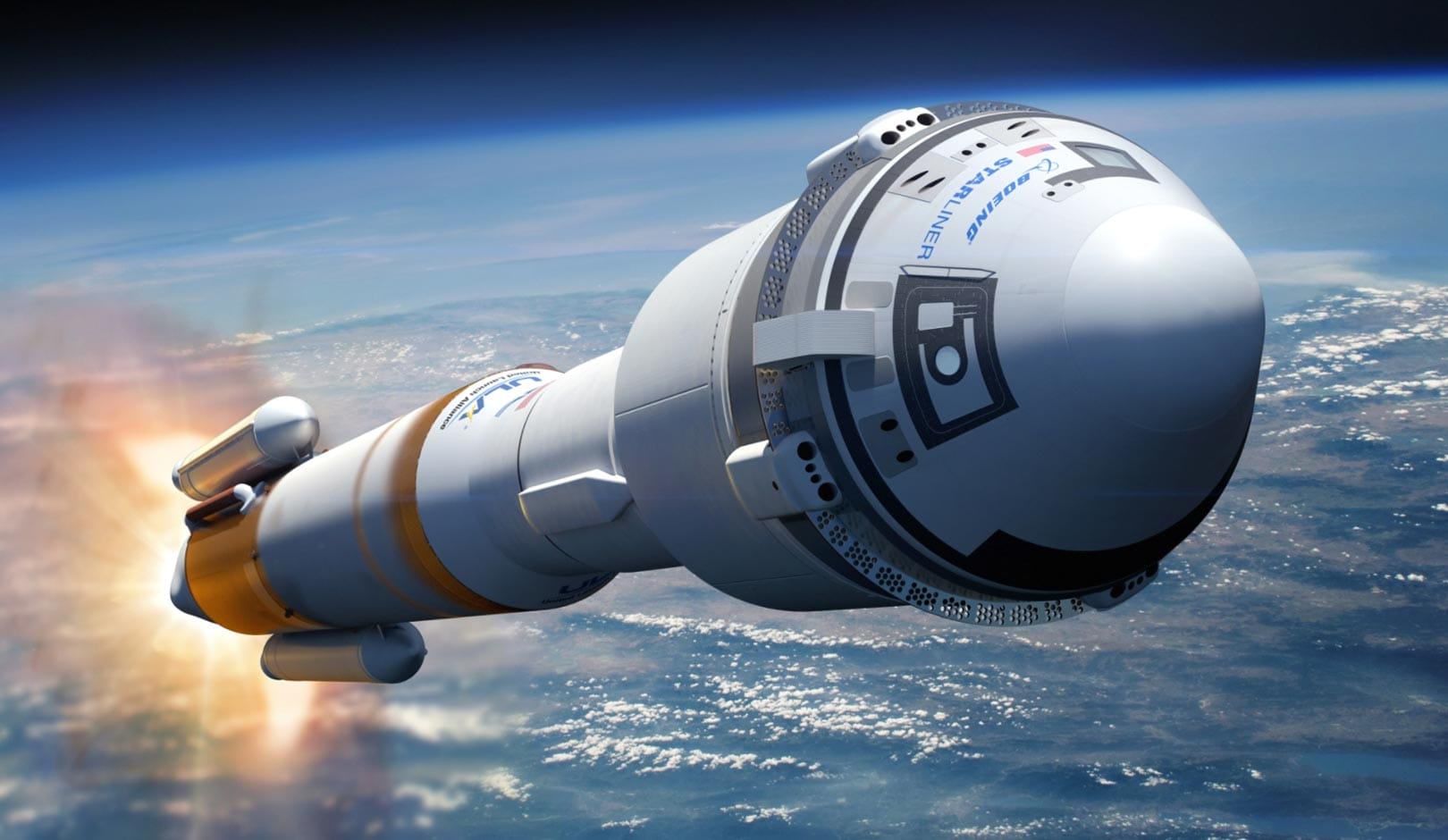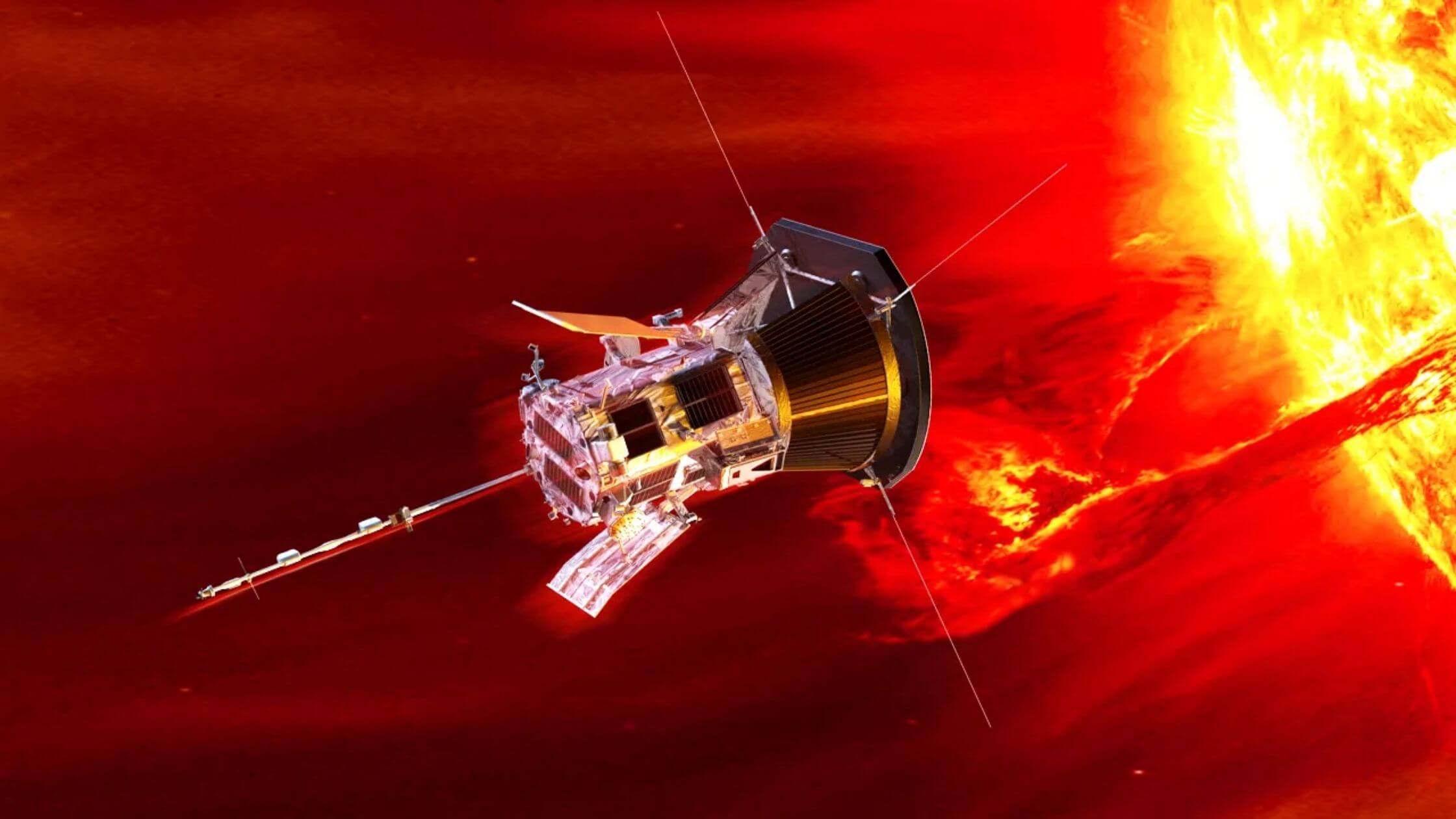SpaceX, the aerospace manufacturer and space transportation company founded by Elon Musk, is preparing for its Starship Flight 7 launch test, scheduled for January 13, 2024. This upcoming test is part of SpaceX’s ambitious plans to develop the Starship spacecraft, which is designed for a variety of missions, including crewed flights to the Moon and Mars, as well as potential missions to other destinations in the solar system.
The Starship program has been a focal point of SpaceX’s efforts to revolutionize space travel. The spacecraft is intended to be fully reusable, which could significantly reduce the cost of access to space. The design of Starship incorporates advanced technologies and materials, allowing it to carry large payloads and a significant number of passengers. The successful development of Starship is crucial for SpaceX’s long-term vision of enabling human life on other planets.
As of now, the exact time for the Flight 7 launch test has not been publicly announced. However, SpaceX typically provides updates through its official channels, including social media and its website, as the launch date approaches. The Boca Chica launch site in Texas has become the primary testing ground for Starship, where numerous prototypes have undergone various tests, including static fire tests and high-altitude flights.
The Flight 7 test is expected to build on the lessons learned from previous flights. Each test flight has provided valuable data that informs the design and operational parameters of the spacecraft. SpaceX has a history of iterative development, where each test leads to improvements in the next iteration of the vehicle. This approach has allowed the company to rapidly advance its technology and refine its processes.
In preparation for the upcoming test, SpaceX has been conducting a series of ground tests to ensure that all systems are functioning correctly. These tests include static fire tests, where the engines are ignited while the vehicle remains secured to the ground. Such tests are critical for verifying the performance of the engines and the overall integrity of the spacecraft.
The Starship program is not only significant for SpaceX but also for the broader space exploration community. NASA has selected SpaceX’s Starship as the human landing system for its Artemis program, which aims to return humans to the Moon by the mid-2020s. The collaboration between NASA and SpaceX highlights the importance of the Starship program in achieving ambitious space exploration goals.
As the launch date approaches, interest in the Flight 7 test is expected to grow. SpaceX has a dedicated following, and many space enthusiasts and industry professionals will be closely monitoring the developments leading up to the launch. The company has a track record of live-streaming its launch events, allowing a global audience to witness the tests in real-time.
In addition to its potential for lunar and Martian missions, Starship is also being developed for a variety of other applications. These include satellite deployment, space tourism, and even point-to-point travel on Earth. The versatility of the Starship design could open up new opportunities for commercial spaceflight and expand access to space for a wider range of customers.
The upcoming Flight 7 test is a critical milestone in SpaceX’s journey toward making space travel more accessible and sustainable. As the company continues to push the boundaries of aerospace technology, the results of this test will provide important insights into the future of space exploration.
In conclusion, SpaceX’s Starship Flight 7 launch test on January 13, 2024, represents a significant step in the development of next-generation space travel technology. While the specific time for the launch has yet to be confirmed, the event is anticipated to draw considerable attention from the public and the space community alike. As SpaceX continues to innovate and refine its spacecraft, the implications for future missions to the Moon, Mars, and beyond are profound.



